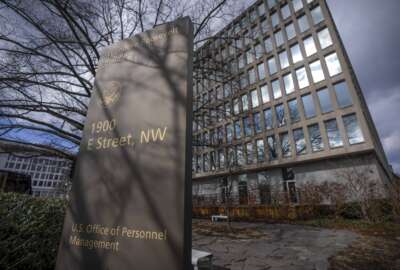Strategic sourcing is still causing some heartburn at agencies across government.
But Steve Charles, co-founder and executive vice president of immixGroup, says strategic sourcing is going to have a breakthrough year in 2013.
| Steve Charles’ Top 3 for 2013 |
- Strategic Sourcing. Begun by OMB in 2005 with a working group, a couple pilot programs in the meantime, a GAO report on progress — or lack thereof — this September with new guidance and organization coming from OMB Dec. 5 , we can expect that most any new acquisition program in 2013 will be painted with the strategic sourcing brush. But the question remains, how will the government actually aggregate requirements across multiple programs, pool the money from different budget lines and then conduct bulk buys? It’s happening within some agencies, but across agencies? Given the realities of fiscal law and the appropriations process? I think we need more conversation about what the government can do to lower to pool dollars and make multi-agency buys if the government is going to achieve the objective of having small agencies get big deal pricing.
- Commodity IT. A term used in the draft Federal Information Technology Acquisition Reform Act — expected to be introduced early in the next session. But what is Commodity IT? The legislation would have the director of OMB define. Expect to hear this term more in the coming year. Steve VanRoekel expects to move toward it in conjunction the shared first policy and the current PortfolioStat sessions with agency leaders to reduce redundancy. But everyone I talk with has a different idea about what commodity IT is and why it’s important. For instance, GSA recently awarded 5 sets of IT Commodity BPAs from laptops to data center equipment promising deeper discounts for volume purchases-a program that manufacturers of IT will want to monitor as they think about the structure of their federal channel and their go-to-market activities.
- Counterfeit electronics and Supply chain Risk Management. SCRM — prompted by amazing quantities of counterfeit electronic components from chips to commercial products leaking into government systems, Congress passed legislation last year requiring contractors to detect and avoid counterfeit electronic parts, placing unlimited liability on contractors. This year the NDAA provides a safe harbor for contractors if they buy from “trusted suppliers” so those of us in the commercial products supply chain are building processes and systems we hope will pass the trusted supplier tests that will likely be developed in the coming year as this legislation is implemented in regulation.
|
Copyright
© 2024 Federal News Network. All rights reserved. This website is not intended for users located within the European Economic Area.





